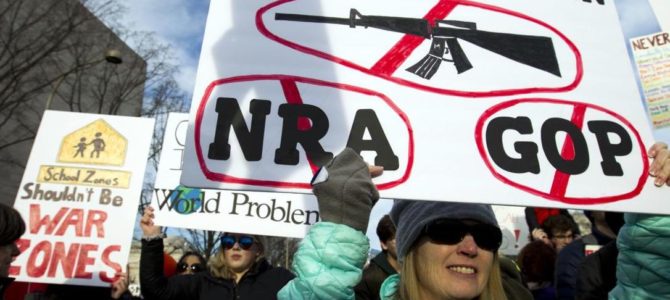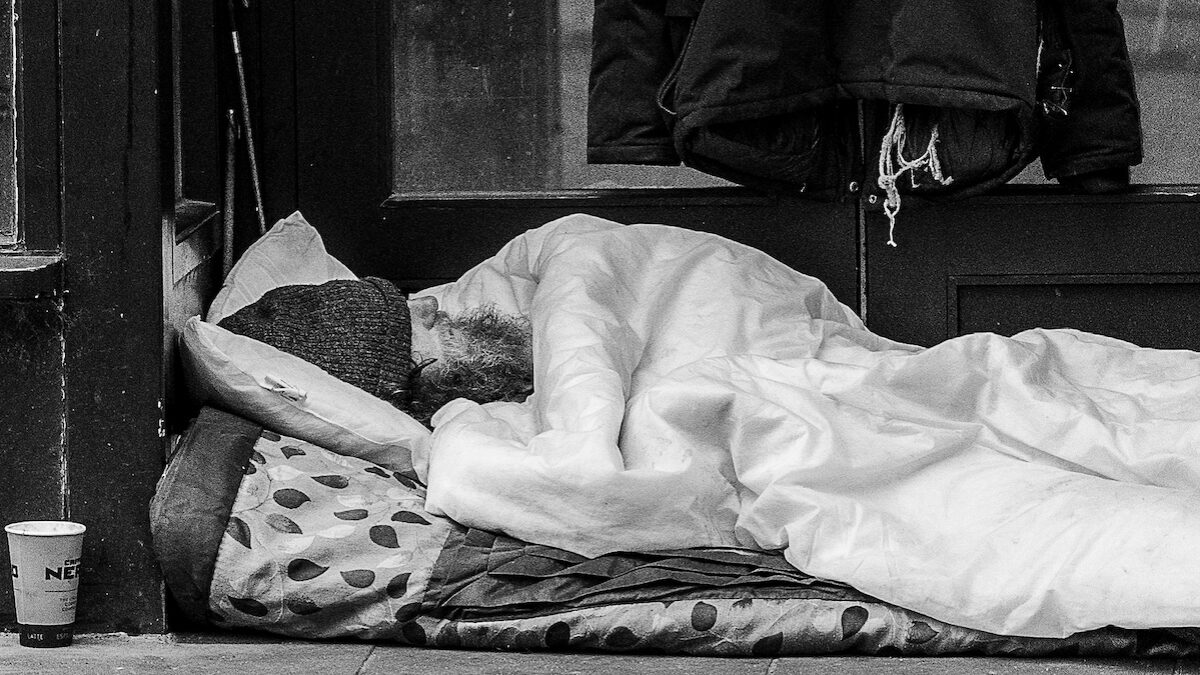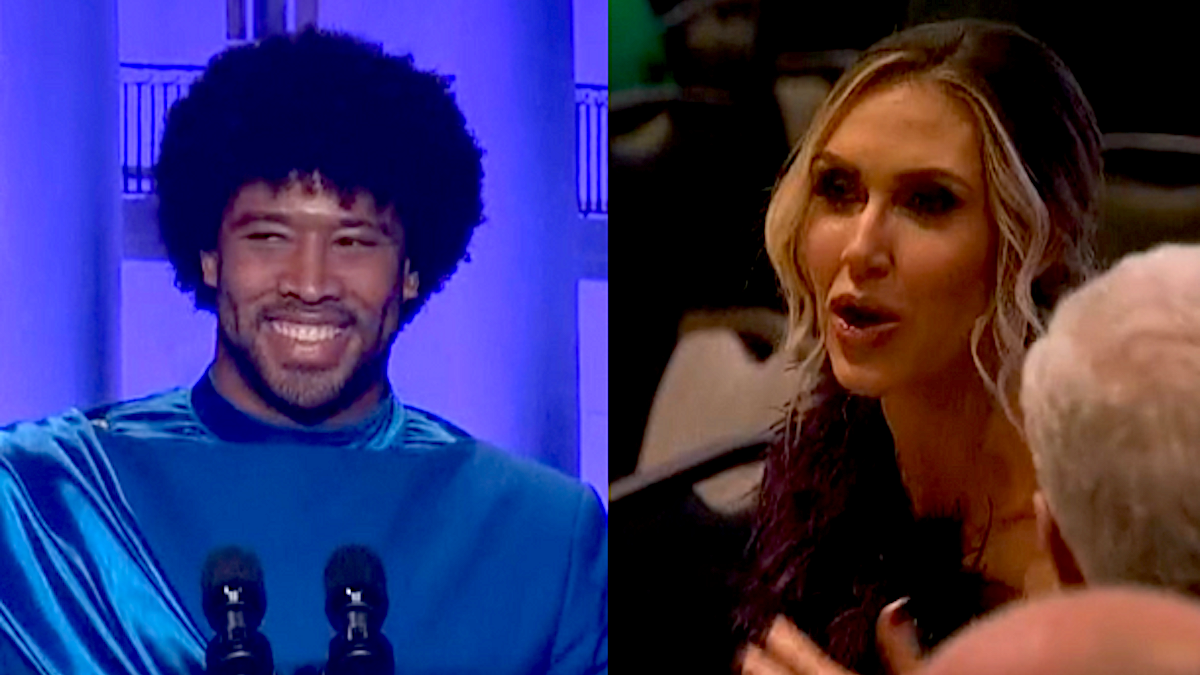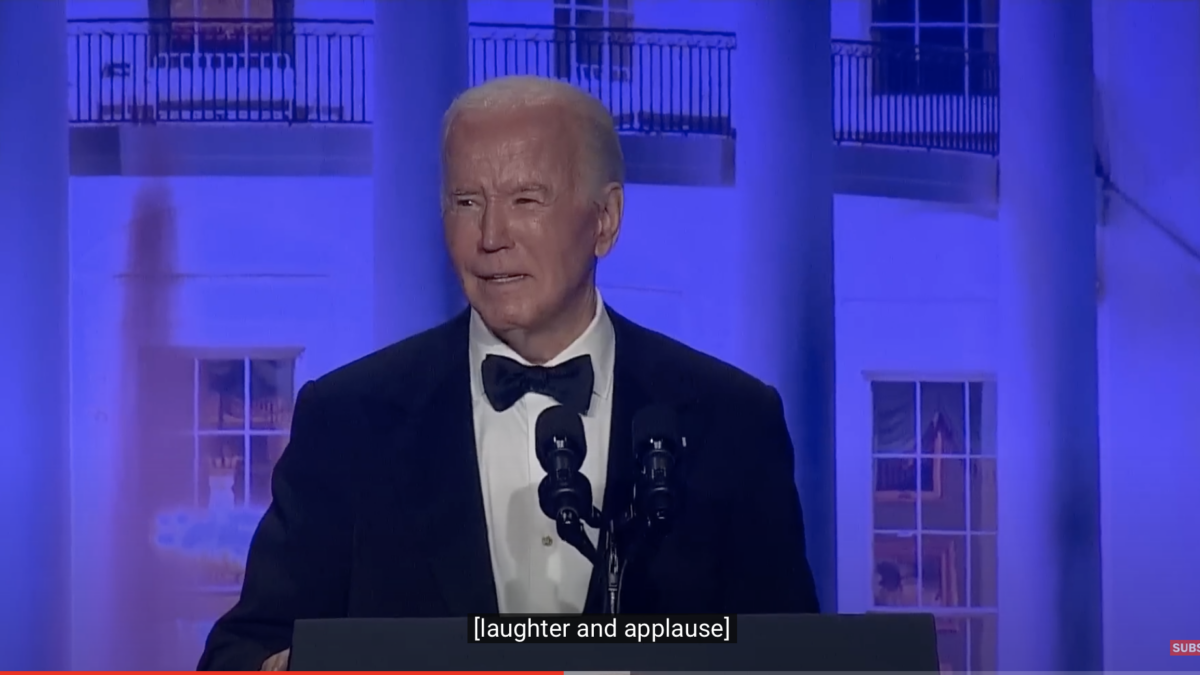
What kind of ignorant troglodyte would tell a doctor to mind his own business?
This was, in essence, the question an incredulous media was asking after the National Rifle Association disparaged the American College of Physicians (ACP) for promoting an array of gun-control regulations last week. “Someone should tell self-important anti-gun doctors to stay in their lane,” the NRA tweeted. “Half of the articles in Annals of Internal Medicine are pushing for gun control. Most upsetting, however, the medical community seems to have consulted NO ONE but themselves.”
The reaction to the NRA’s reply was swift, overwhelming, and widely covered, giving the ACP exactly the attention they desired. (Did I mention these are doctors we’re talking about?) As it turns out, there are a number of very good reasons professional medical groups should “stay in their lane” on public policy. Many of these reasons were accentuated in this very debate.
For one thing, neither internists nor radiologists, by virtue of their career choice, have special expertise in public policy, gun ownership, or the relationship between firearms and the rights associated with them. Speaking about these issues with the authority of an expert is a transparent appeal to authority.
For another thing, the ACP uses its position to create the perception that “doctors”—virtually all of them—believe in one set of policy prescriptions. I have a feeling this isn’t true. Even if it were, though, doctors—physicists, engineers, teachers, business owners, truck drivers, and any other smart human being— are just as susceptible to partisan biases and agendas as anyone else is.
Most of the ACP membership’s reaction to the NRA, in fact, was propelled by emotional manipulation and depiction of the horrors of gun violence that does absolutely nothing to tell the public about the efficacy of its supposed solutions. And as soon as doctors received pushback, the veneer of science-based solution-seeking fell away.
“Do you have any idea how many bullets I pull out of corpses weekly? This isn’t just my lane,” tweeted a doctor named Judy Melinek (the tweet has now been “liked” more than 500,000 times). “It’s my f—ing highway.”
Perhaps it’s understandable that someone who regularly witnesses the horrific aftermath of shootings feels this way. It still doesn’t make her public policy opinions more valid or convincing than those of a columnist or a gun seller. Some doctors deal with ghastly vehicular injuries and the 37,000 car fatalities every year. Their work is also incredibly important, yet their experience does not imbue them with expertise on the mechanics of a steering wheel or best way to direct traffic.
In fact, those who are regularly exposed to the ugly side of a particular issue often become hyper-focused and invested in ways that make them unable to contextualize it. If we let nutritionists create food policy, we would never have another decent meal. If we let doctors who watch the 38,000 Americans who die from cirrhosis (and other liver diseases) every year make laws, we may well have prohibition. If we let climate scientists craft environmental policies, the world economy would crater into a massive depression.
The ACP argues that medical professionals have a “special responsibility” to recommend “a public health approach to firearms-related violence and the prevention of firearm injuries and deaths” and to speak out and support “appropriate regulation of the purchase” of guns. “It is not an ‘us versus them’ issue,” Heather Sher, a radiologist, told The Washington Post. “What we are truly asking for is a coming together of both sides to find a solution to this national health problem.”
In truth, “finding a solution” is a euphemism loosely translated as, “adopt our policies, either incrementally or fully, or you support a terrorist organization.” But the argument over the solutions is the debate. ACP wants to skip that part. Some of us, for example, believe that one answer (there is no panacea, of course) is to relax gun restrictions that inhibit law-abiding Americans from defending themselves, their families, and their communities. The explosion of gun ownership in the early 1990s, after all, corresponded with the precipitous drop in gun homicides—which no one reading the ACP’s literature would know are still at near-historic lows.
Most of the “appropriate” measures ACP floats were already on the books in California when the Thousand Oaks mass shooting occurred. Yet the ACP report is teeming with long-standing, highly debatable contentions about guns that have as much to with the wounds doctors treat as their angry reaction has to do with effective gun laws. That’s fine as a matter of activism, but there’s nothing rational or unique about this kind of positioning. And the NRA has every right to push back against groups that use science to conceal their political arguments.









